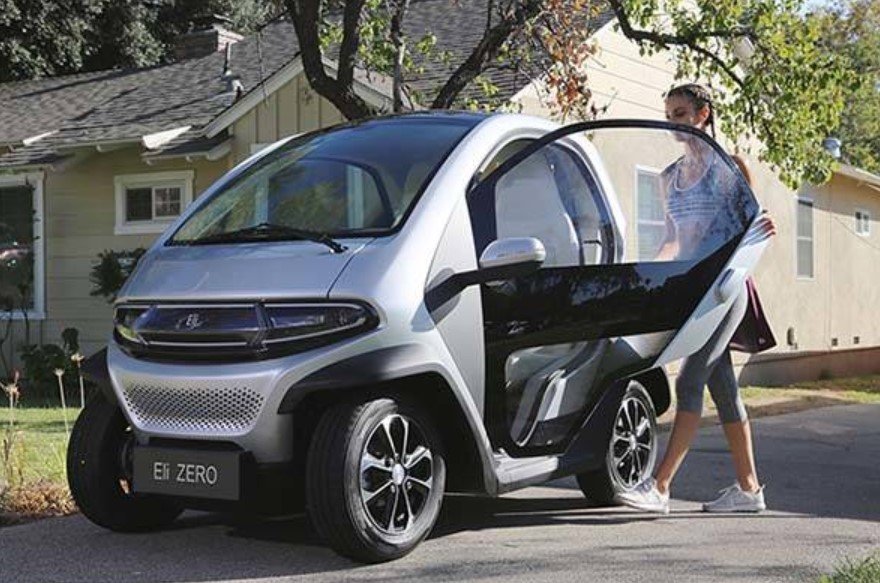In the quaint towns and bustling suburbs, a new trend is emerging, transforming the way we think about short-distance travel. Neighborhood Electric Vehicles (NEVs), often mistaken for their golf course cousins, are taking to the streets, offering a sustainable and efficient alternative to traditional cars.
The NEV Movement Gains Momentum
In recent years, Pennsylvania has witnessed a surge in the popularity of NEVs. These vehicles, distinct from golf carts, are equipped with features akin to conventional cars, such as turn signals, speedometers, and seat belts. They’re designed for roads with speed limits of 25 mph or less, though local regulations can adapt to accommodate them on faster streets. The appeal of NEVs is evident in their growing presence in communities where residents seek eco-friendly options for running errands or enjoying a leisurely drive around town.

Kevin Santelli, an NEV owner from Sewickley Heights, shares his experience, “It saves me from putting miles on my car when I’m just running errands around town. It does get a lot of looks.” His sentiment echoes the thoughts of many who have embraced these electric carts as a practical solution for local travel.
The Practicality of Electric Carts
The practicality of NEVs extends beyond their environmental benefits. Dealerships like Village Buggy in Leet have seen a steady increase in sales, indicating a shift in consumer preferences. With options to customize vehicles with modern amenities such as stereo systems and touchscreen displays, NEVs are no longer just about utility but also about personal expression and comfort.
Matthew Simmons, a dealer at Village Buggy, recommends lithium batteries for hilly terrains, highlighting the adaptability of NEVs to various landscapes. The customization options and the ability to navigate local terrains with ease make NEVs an attractive choice for those looking to reduce their carbon footprint without sacrificing convenience.
Navigating Legalities and Safety
Despite their rising popularity, confusion persists regarding the legal distinctions between NEVs and golf carts. Pennsylvania law requires NEVs to be registered and insured, and they must be operated by licensed drivers. Golf carts, on the other hand, have more relaxed regulations and are typically confined to golf courses and private properties.
Police Chief Dan Uncapher of Allegheny Township points out that the law is often misinterpreted, leading to unsupervised use of golf carts by minors. This highlights the need for clearer communication and education on the regulations governing these vehicles to ensure public safety and compliance.




































